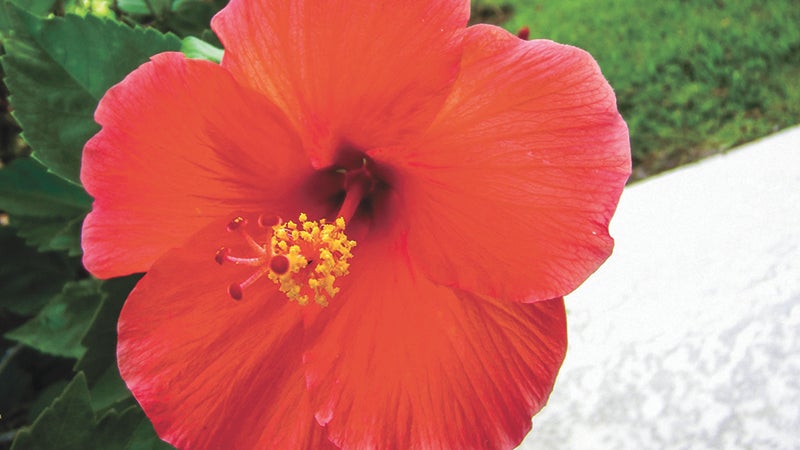Out in the Yard: Dewberries and Blackberries
Published 10:16 am Monday, June 8, 2015
By Tim Schreck
My Memorial Day weekend was great. After taking some time to remember the members of the Armed Forces who gave their lives so we can enjoy the freedoms that so many in the world only dream of, I took a little walk. And on this walk I noticed that the dewberries are starting to ripen. So, of course, picked a few and enjoyed each one. The ones I found were actually a little bigger than normal,(a little smaller than my thumb nail) I guess from all the rain we have had the last few weeks.
Up until a couple years ago I did not know that the wild black berries growing along the fence lines and in pastures around here are really dewberries. Dewberries are a close relative to the blackberry and are native to most of North Americs. Blackberries are cultivated throughout most of the world. If picked when fullt ripe, dewberries are usually sweeter than blackberries. Both are good for you as they are loaded with antioxidants and essential vitamins and are a great source of fiber. However, dewberry canes are usually thinner and grow close to the ground, while blackberries grow from a heavy upright cane and if staked can grow up to six feet tall. All dewberries have thorns (which are slender and red hairs on the stems). Most blackberries also have thorns which are hard and tough but have smooth (hairless) stems but there are several varieties that are thornless.
Dewberries can be very invasive if left unchecked for several years, growing and intertwining with themselves and other vegetation. This tangled mess is commonly known as a bramble. Blackberries can also be invasive but usually grow a little slower in the wild.
A recent article in the Houston Chronicle said that dewberries and blackberries did not thrive very well until settlers can in and cleared the dense grass and forests for pastures which allowed the long canes room to grow. I own 22 acres of what was rice field 20 years ago and can attest to that fact. It has taken me three years to tame them on only about five of those acres.
Picking dewberries can be a real challenge. Fighting the thorns and bugs is a deterrent to many. I do not mind the dewberry thorns but my kids do not last very long picking them so I planted two varieties of thornless blackberries, Ouachita and Arapaho, last year and wish I have planted a few more. They are doing well in on a berm of clay and sand mix. Berries produce on second year canes and since I planted these late last year I will not get any berries from this planting until next year. I was reading up on thornless blackberries and found the Natchez variety was named a Texas Superstar® a couple years ago, giving which gives it the distinction of, once established, being drought tolerant and requiring minimal care. If you do not mind a few thorns the standard from Texas A&M is still the Brazos, a very heavy producer with great disease tolerance
Oh, no matter whether they are dewberries or blackberries with or without thorns, they all make great cobblers!
—-
Contact Jefferson County Master Gardener Tim Schreck at timothyrschreck@gmail.com or call Texas A&M AgriLife Extension Service at 409-835-8461.


